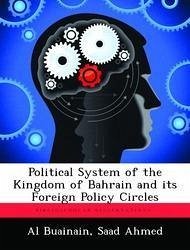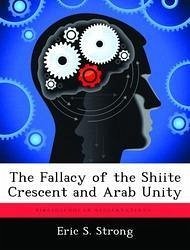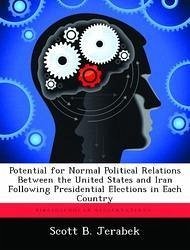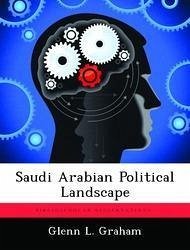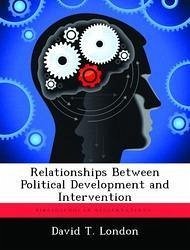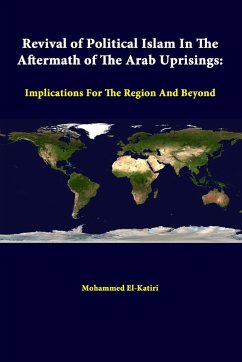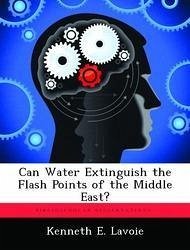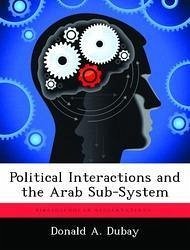
Political Interactions and the Arab Sub-System
Versandkostenfrei!
Versandfertig in über 4 Wochen
53,99 €
inkl. MwSt.
Weitere Ausgaben:

PAYBACK Punkte
27 °P sammeln!
One of the fundamental causes of war, posit a large number of political scientists, is the lack of communications among nations, as the absence of communications contributes to political polarization. The primary inhibitors to international communications are coalitions of nations, in the form of alliances and regions. Theoretically, for the latter, polarization begins with the development of regions as sub-systems within the international system. It may be assumed that by examining a region's political cohesiveness, or degree of integration, it is possible to determine the impact of the integ...
One of the fundamental causes of war, posit a large number of political scientists, is the lack of communications among nations, as the absence of communications contributes to political polarization. The primary inhibitors to international communications are coalitions of nations, in the form of alliances and regions. Theoretically, for the latter, polarization begins with the development of regions as sub-systems within the international system. It may be assumed that by examining a region's political cohesiveness, or degree of integration, it is possible to determine the impact of the integrative process on international communications (interactions among nations), which is the intent of this thesis. The thesis tests the hypothesis that as regional political integration increases, there is a corresponding decrease in political interactions between the nations of that region and other nations of the world. The method of analysis for integration and interactions is quantitative. The variables used are national, executive level state visits and diplomatic representative exchanges, both as a function of time. The region selected is the Arab World. The thesis concludes that, for the Arab World, there is a direct relationship between political integration and extra-regional political interactions, with increases in the former adversely affecting international political interactions.





